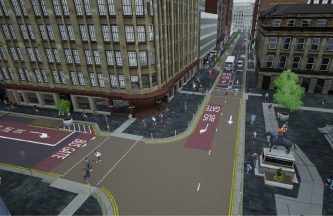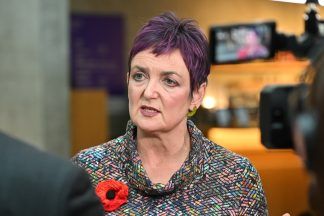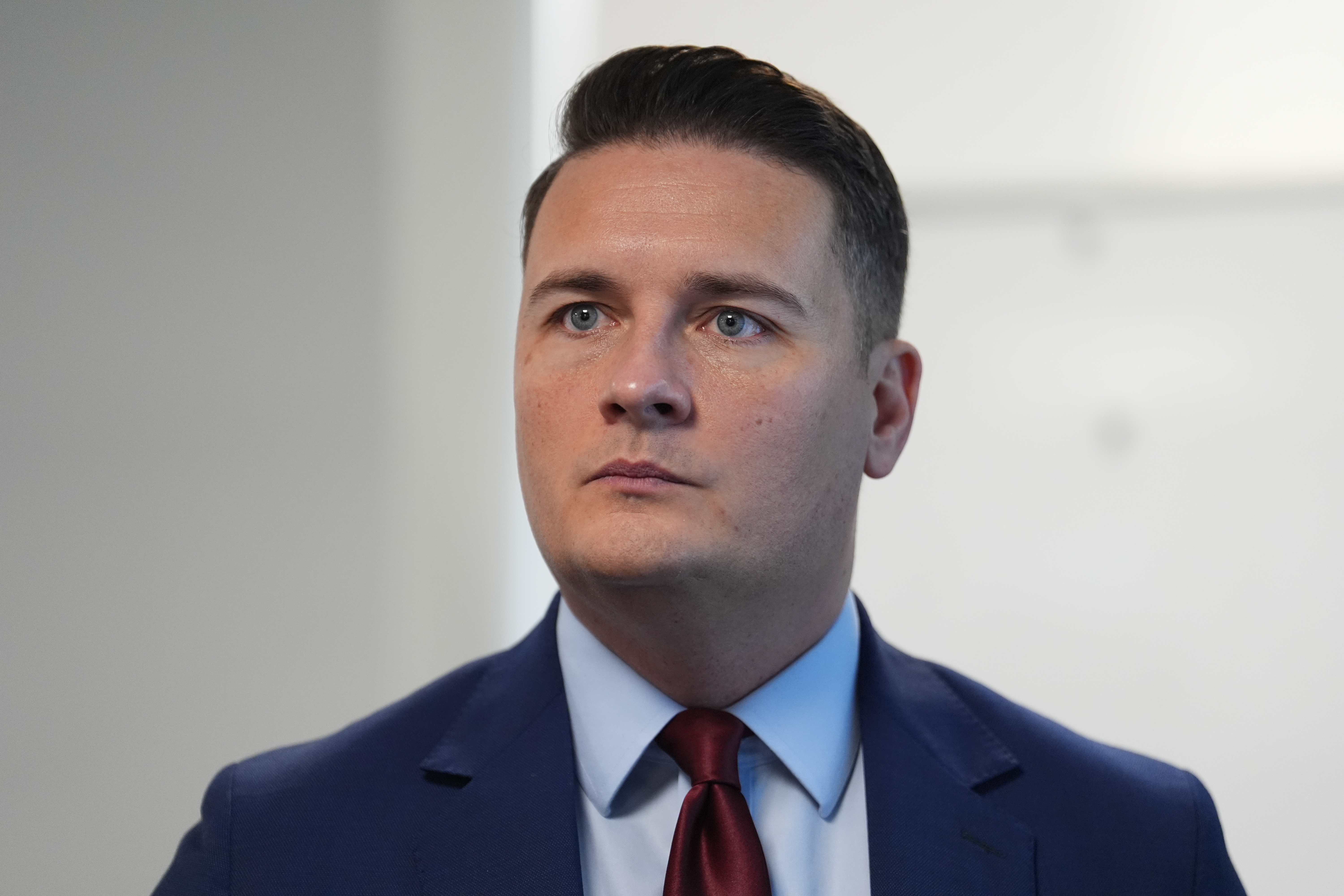Remote working arrangements for MSPs which were introduced as part of the Scottish Parliament’s response to coronavirus should remain in place once the pandemic has ended, the new presiding officer has said.
Alison Johnstone said she is “very much a fan” of the hybrid working arrangements – which have for the first time allowed MSPs to take part in committee meetings and Holyrood debates from their own homes.
Her predecessor, Ken Macintosh, had declared the remote working arrangements “suboptimal” when compared to normal sittings of the Parliament.
But after MSPs, including then communities secretary Aileen Campbell, the SNP’s Gail Ross and Labour’s Jenny Marra, stepped down from the Parliament in May, citing the struggle to balance family life with a career in politics, Johnstone made clear it would be a “regressive step” for Holyrood not to continue with more flexible ways of working.
And with some members having left politics because of the “work/life imbalance”, Johnstone insisted Covid-19 means “there are opportunities here too that we probably thought weren’t possible before the pandemic”.
While a decision on continuing with remote working is not solely for the presiding officer to make, Johnstone is to speak to party leaders on the matter and lead the way from there.
She stressed: “I’m very much a fan of the hybrid working arrangements”, and said it would “certainly be my preference” for these to remain in place post-pandemic – although she added that some of the systems may need “finessing”.
Johnstone said: “We have proven that flexibility can be delivered and that parliament can work.
“Clearly there will be systems and so on that need finessing if we want it to be a robust, efficient, easily accessible, easily understood system.”
But she added: “I think it would just be a regressive step to not appreciate the benefits we have enjoyed. It is important to have an opportunity to spend time with colleagues and so on, but this is about flexibility.”
She said working as an MSP could “ask a lot of people who live in the most remote parts of the country”, adding: “You might be expected to leave a young child, but what if you have caring duties for an elderly parent?
“You can ask other people to step in to an extent, but what are you missing out on, what are your family missing out on? So I think a balance can be struck here, I think we have proven that can be struck.”
She insisted: “I’ve heard very, very few people say ‘I wish I could go back to how it was before’.
“Obviously we all want to get back to normality, we want to be able to visit our friends indoors, we want to be able to socialise as we did before, but the thing we don’t want to go back to is that insistence that work is somewhere that you go, rather than something that you do.
“I think we can get the balance right.”
Such reforms could also help make Holyrood more accessible, the presiding officer argued.
“You don’t want parliament to be somewhere that, for example, a single parent might find especially difficult contributing,” she said.
“What we need to be in the business of here is removing as many barriers to participation in democracy as we possibly can.”
Follow STV News on WhatsApp
Scan the QR code on your mobile device for all the latest news from around the country




























